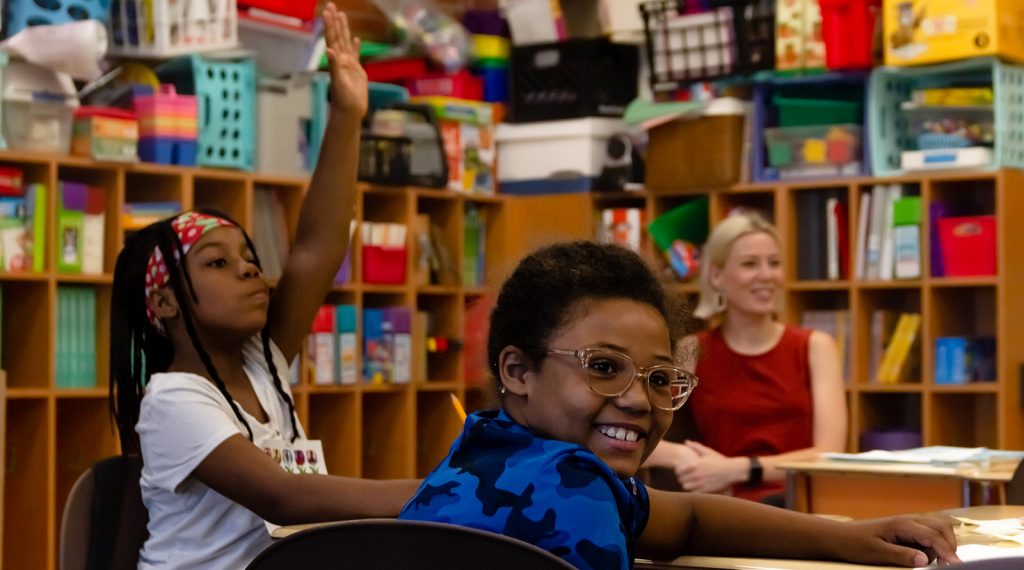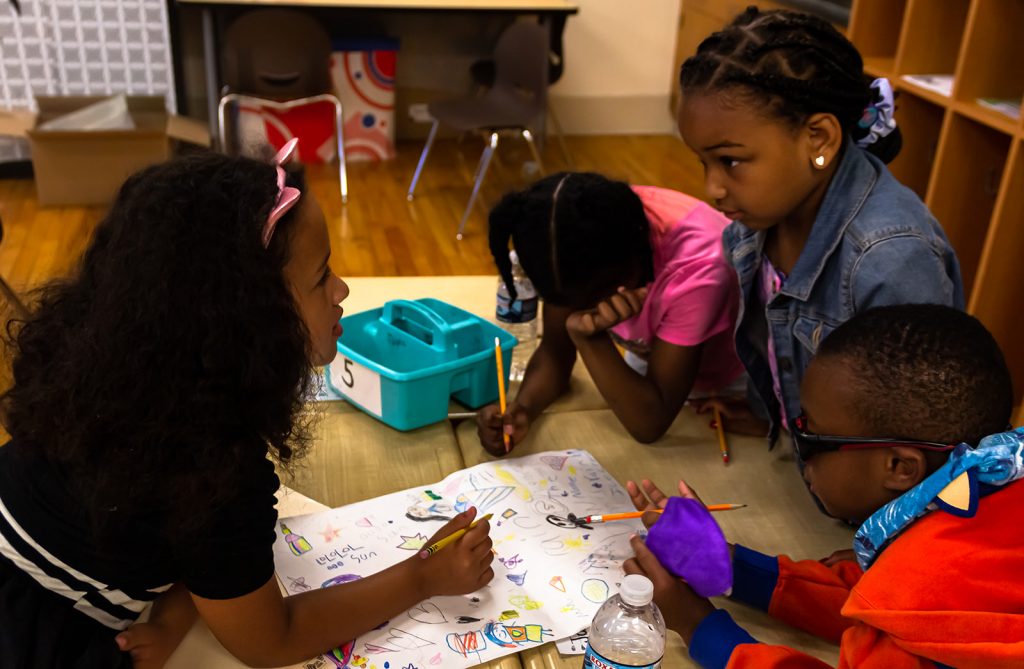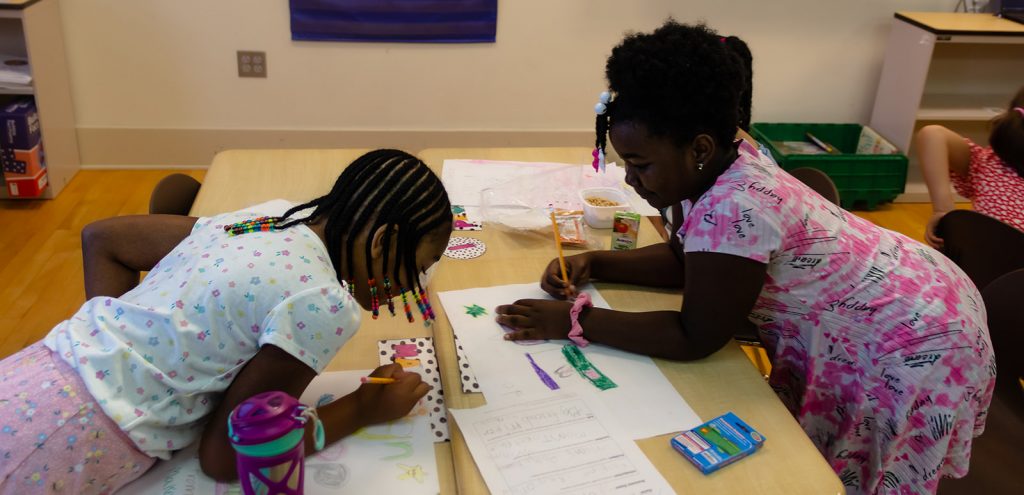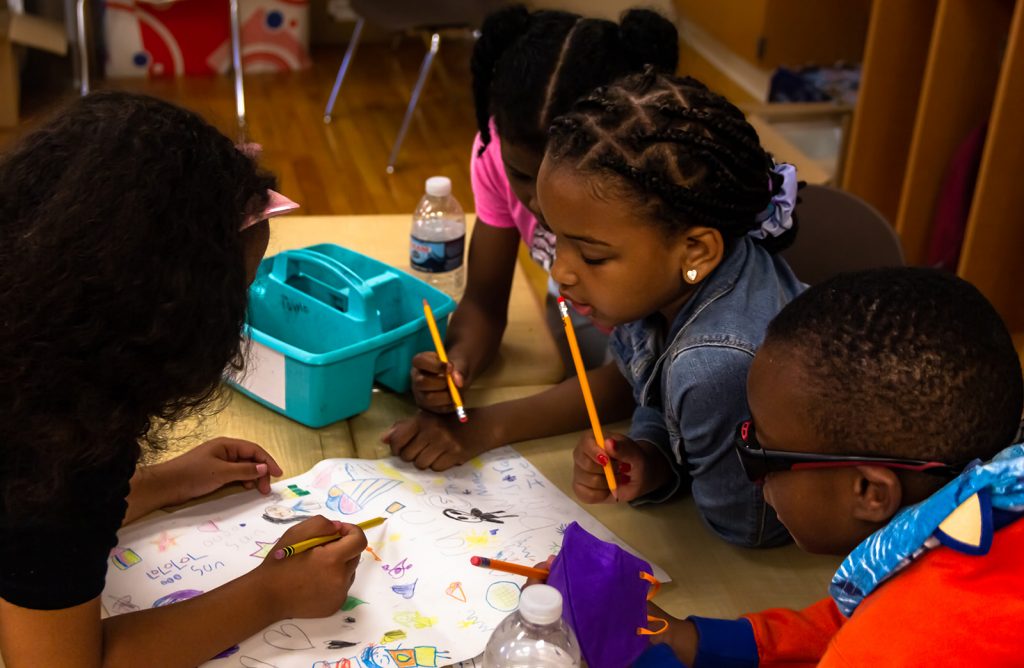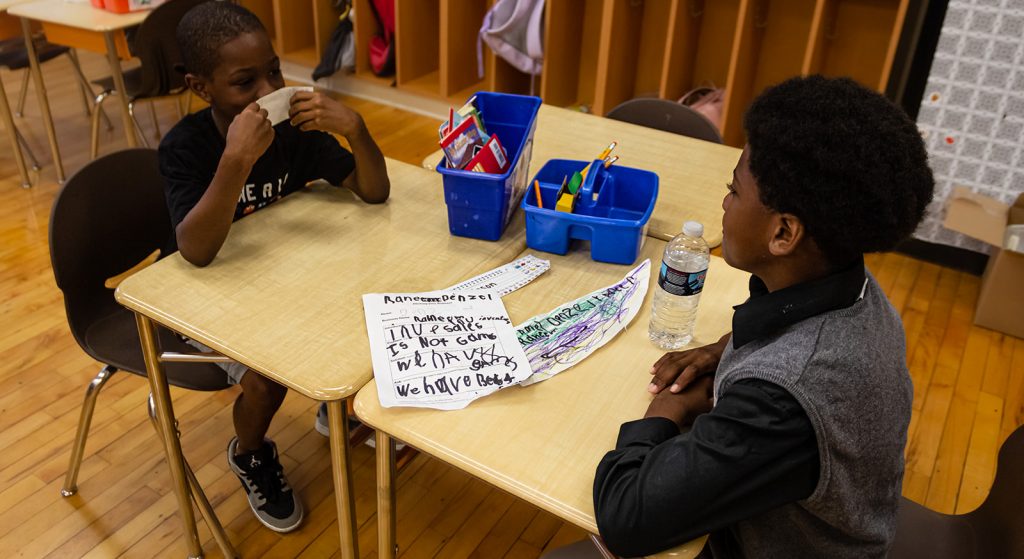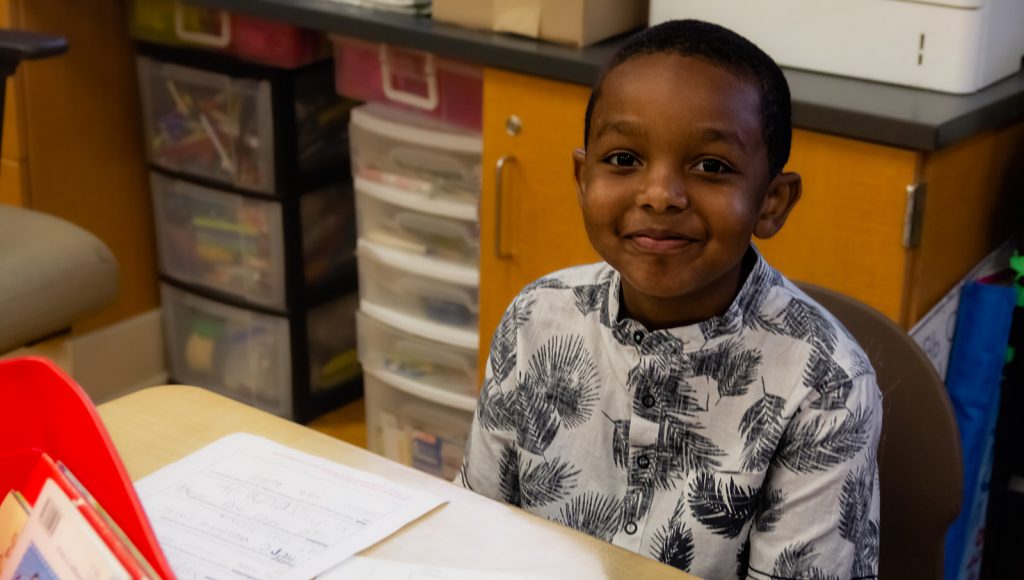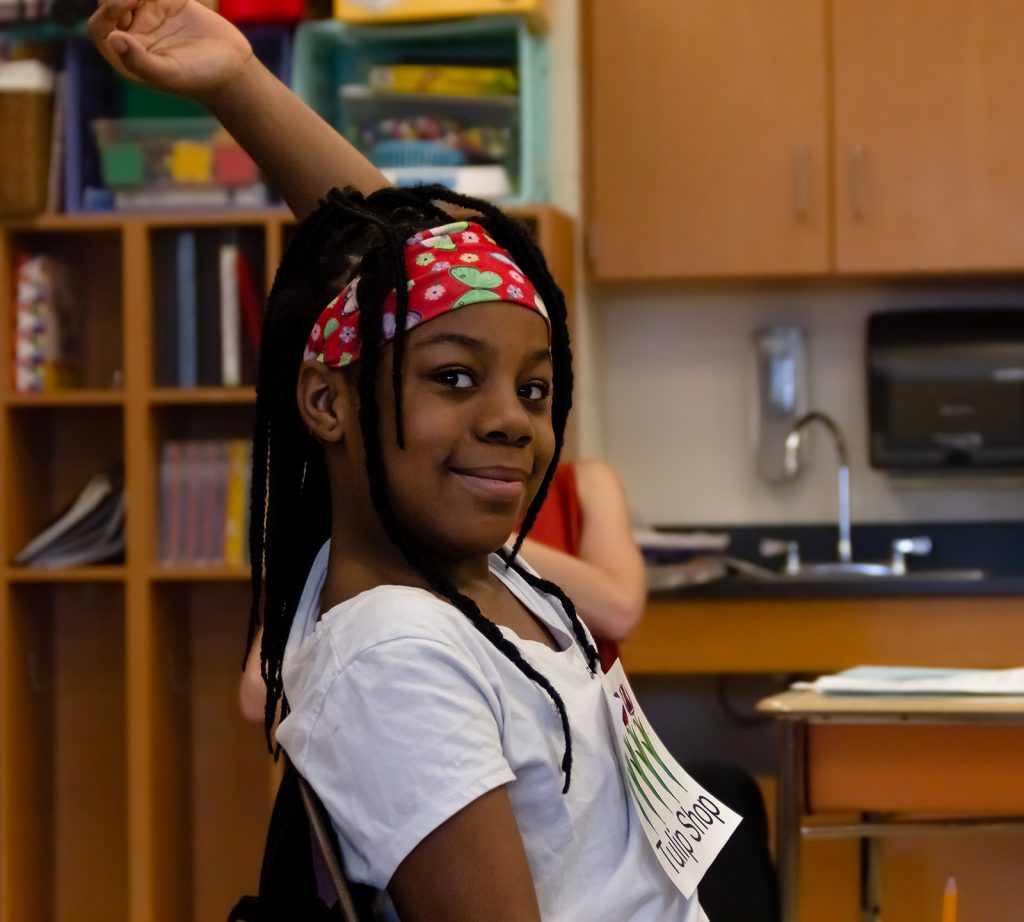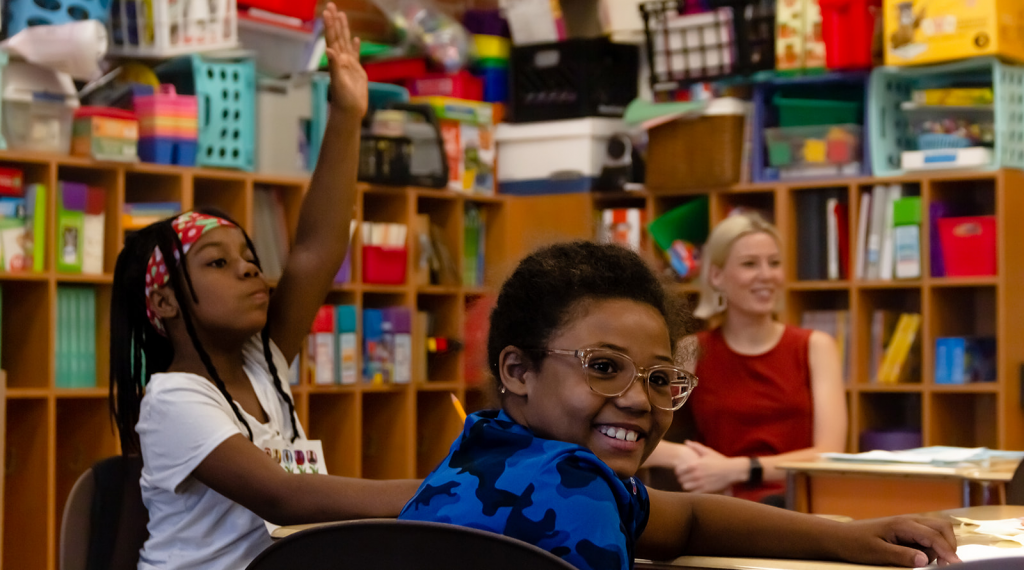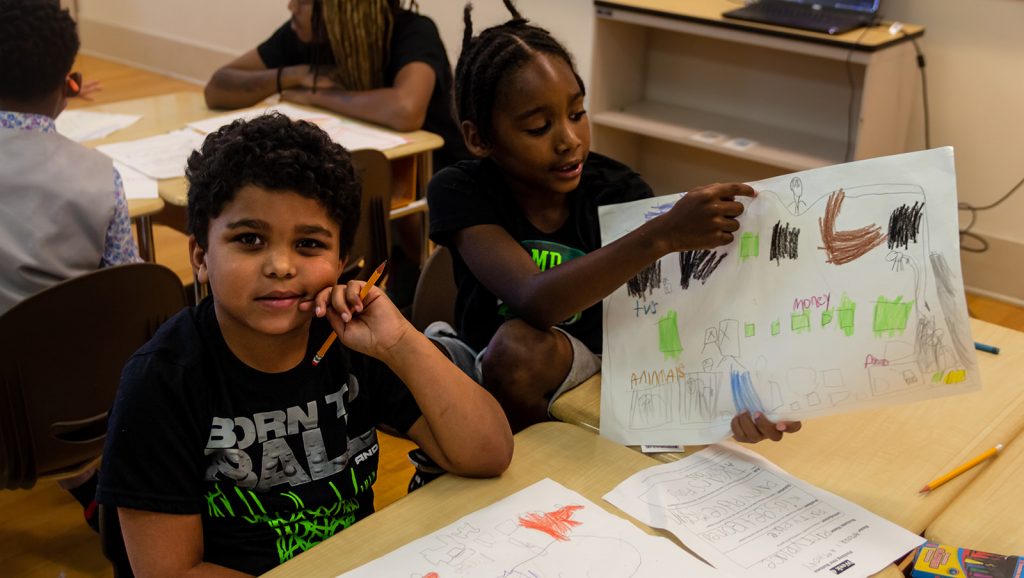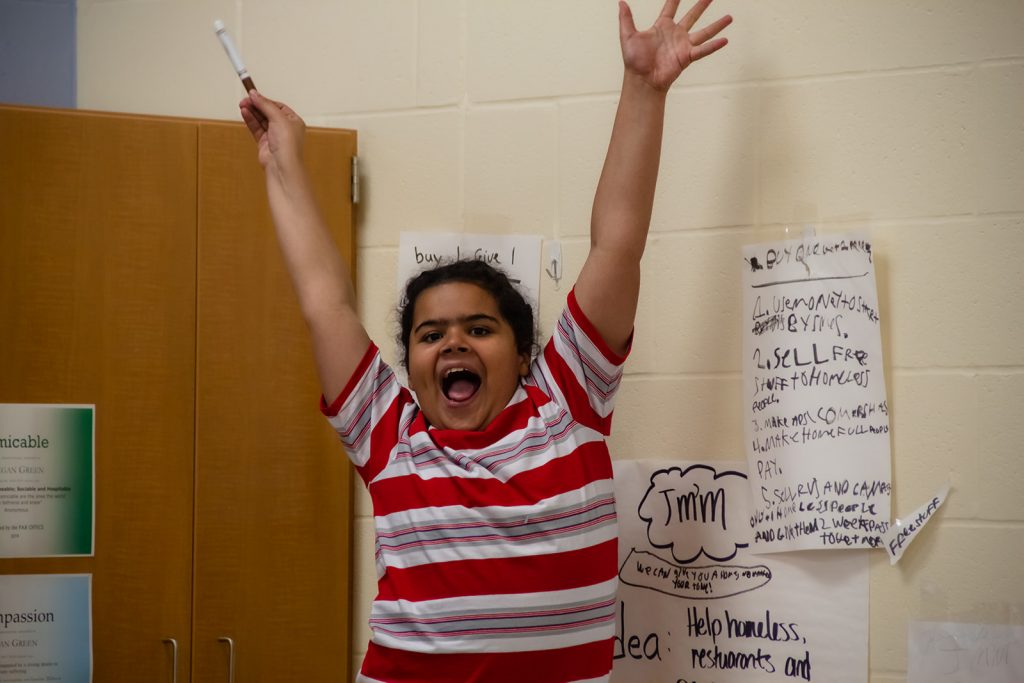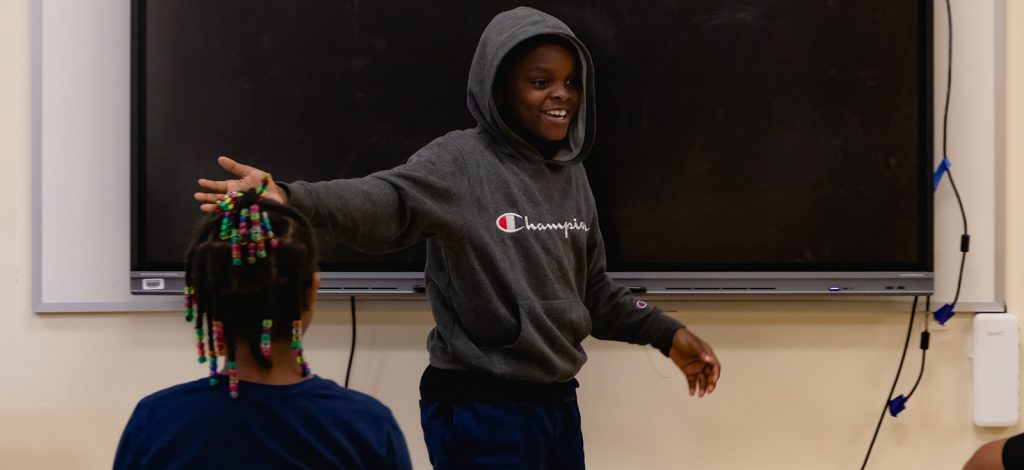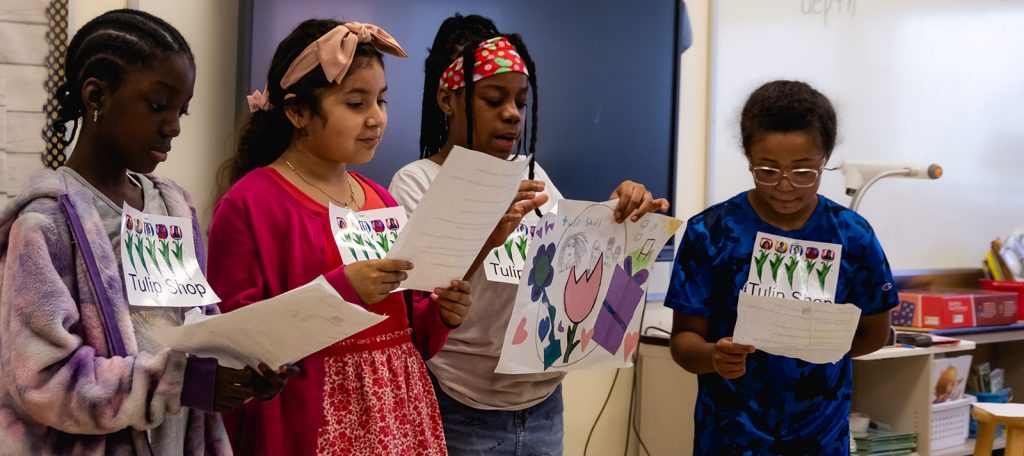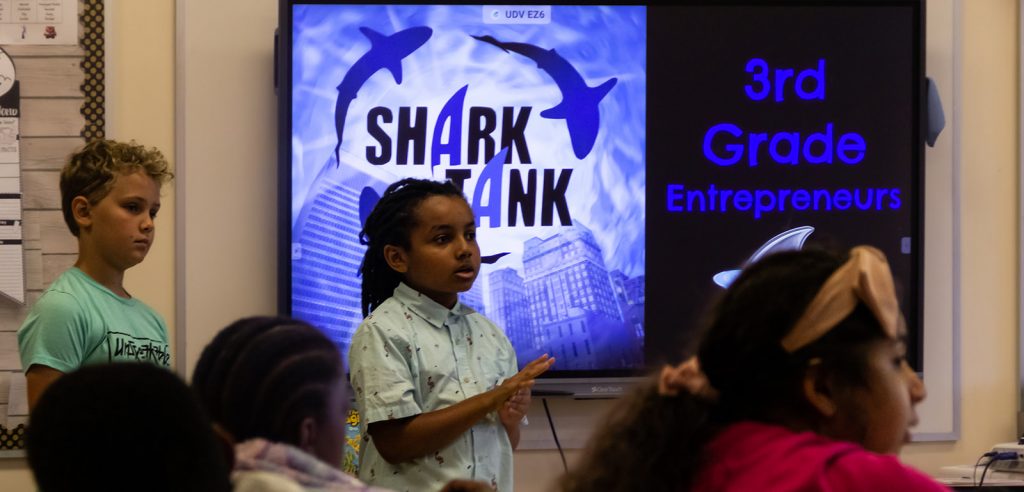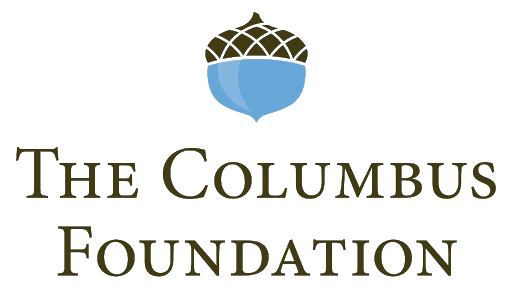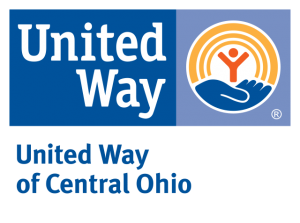During Summer 2021, K-5 Pathway Program students participated in a 4 module business-building curriculum run by GiveBackHack. These modules provide Design Thinking inspired experiential education and introduces students to different entrepreneurs in the community.
Quick Social Entrepreneurship Program Results
Student Impact:
The most important metric of all: student success!
Students went through the program with bright, shining smiles. They were empowered to learn about entrepreneurship through a social enterprise lens while gaining skills they could use in the classroom now, as well as throughout their futures!
It was incredible to see the confidence of the K-5 students grow throughout the program. On Day 1, many of them opted to not even share their name – but by the end of the program they were excited to share all of their hard work!
- Six Grades and over 30 Social Enterprises Pitched!
- 200+ K-5 Students went through programming
Columbus City School Teacher Impact:
- Curated curriculum to the needs of their student population age, grade, and experience
- Support from the community: 8 facilitators, 7 weekly volunteers, and 17 additional volunteers totally 90 Total hours of in-classroom coaching
- 90 Total hours of in-classroom coaching by GiveBackHack
Community Impact
- 8 Social Enterprise Facilitators Employed
Program Deep Dive
Social Entrepreneurship Program Format
On Tuesday afternoons, GiveBackHack facilitated a 90-minute session with each grade band. This session will include formal instruction and a hands-on workshop.
GiveBackHack then provided a high-level task for the students to work on and report back with the following week as guidance for educators.
These tasks were oriented around specific learning outcomes optimized to teach Columbus City School students about social entrepreneurship and Design Thinking in a way that provides them with tangible skills they can use now as well as in the future.
Social Enterprise Learning Objectives for Grade School Aged Students
- Week 1:
- What is business? What are ideas?
- Week 2:
- How do we refine a product? (marketing, user research)
- Week 3:
- How do we set the right foundation? (introduction to finance, operations, and legal)
- Week 4:
- How do we spread the word? (how to pitch + public speaking)
Social Entrepreneurship Education Result Deep Dive
Student Impact
The most important metric of all: student success!
Students went through the program with bright, shining smiles. They were empowered to learn about entrepreneurship through a social enterprise lens while gaining skills they could use in the classroom now, as well as throughout their futures!
Six Grades and over 30 Social Enterprises Pitched!
It was incredible to see the confidence of the K-5 students grow throughout the program. On Day 1, many of them opted to not even share their name – but by the end of the program they were excited to share all of their hard work!
200+ K-5 Students Impacted this Summer
Our facilitators collaborated closely with educators and Columbus City Schools staff to provide customized experiences for the needs of each classroom and grade level.
Teacher Impact
Connections with the Community
We were lucky to have 8 facilitators, 7 weekly volunteers, and 17 additional volunteers that stepped up and contributed more than just their time – but so much of their heart to mentoring and connecting with our students.
In addition to paid professional social enterprise facilitators, GiveBackHack provided coordination with CoverMyMeds employee volunteers, who were wonderful to work alongside!
90 Total hours of in-classroom coaching
The curriculum that GiveBackHack created and provided to educators extended outside of our direct instruction time during the students daily 90-minute entrepreneurship block where they continued their projects. GiveBackHack set teachers up for success with training and materials (and of course, goody bags with helpful classroom materials to thank them for their important work in this program and beyond).
Social Impact
8 Social Enterprise Facilitators Employed
This program gave us the opportunity to provide skills-based training to members of the social enterprise ecosystem and offer employment for the duration of the program.
Facilitator, Zayn Dweik on why this work is empowering for students:
“Something that is important is that we don’t need to shy away from challenging concepts (with kids). Students don’t need to be hidden from these concepts, they need them explained in a way that they can understand. They need to be respected. Entrepreneurship is in that realm – it’s hard to pronounce but that doesn’t mean they don’t understand”
Program Manager, Emily Stuhldreher:
“The most impressive thing about this program from my perspective was the ability to empower students to understand that they have the power to impact the problems that matter most to them. We focused greatly on the problem/solution mindset to develop critical thinking skills – and these students immediately jumped to helping solve big problems like homelessness, theft, and bullying with their businesses without being instructed to”
Social Entrepreneurship K-5 Program Content & Week-by-Week Results
GiveBackHack created a 4-module, repeatable, entrepreneurship curriculum catered to K-5 experiential learning.
Every lesson was hands-on and covered both social-emotional learning as well as exposure to entrepreneurship as a career and economic empowerment pathway.
Alongside educators + facilitators, we continue to build and revise the curriculum for even more future success!
Week 1
- Objective: Foster a mindset that everyone is uniquely positioned to contribute to finding solutions to problems that matter to them.
- Student Goal: Develop a business idea with a problem + solution + name it!
Week 2
- Objective: Learn why getting feedback on our ideas is important. Foster a mindset that we should always be finding ways to grow and improve our ideas
- Student Goal: Define their product/service + test it!
Week 3
- Objective: Learn about the different aspects of a business – marketing, sales, operations.
- Student Goal: Determine how much they will sell their product/service for, how they will market it, and what they need to make it happen.
Week 4
- Objective: Learn about why we share our ideas with others + how to communicate effectively.
- Student Goal: Pull together a 60-second pitch of all of their work from the past 3 weeks to present at final pitches.
Final Presentations of Student Social Enterprise
- How it Went: Pitch day was a BIG day for our students! For most of them, it was their first experience with public speaking.
- It was incredible to see their confidence grow throughout the program. On Day 1, many of them opted to not even share their name – but by the end of the program they were excited to share all of their hard work!
